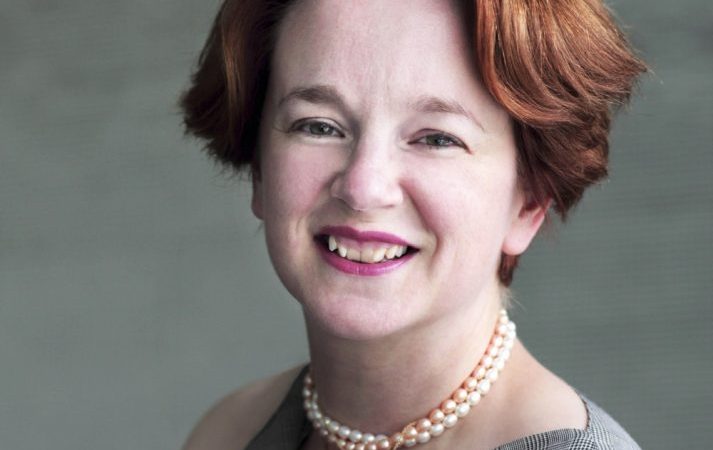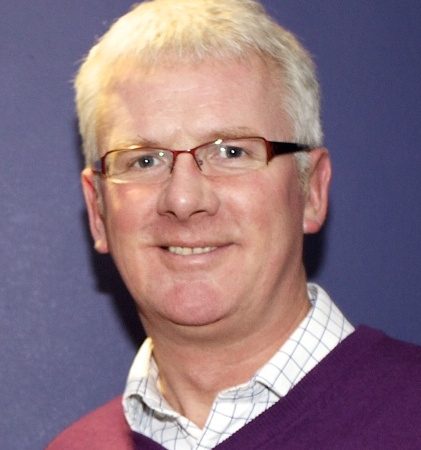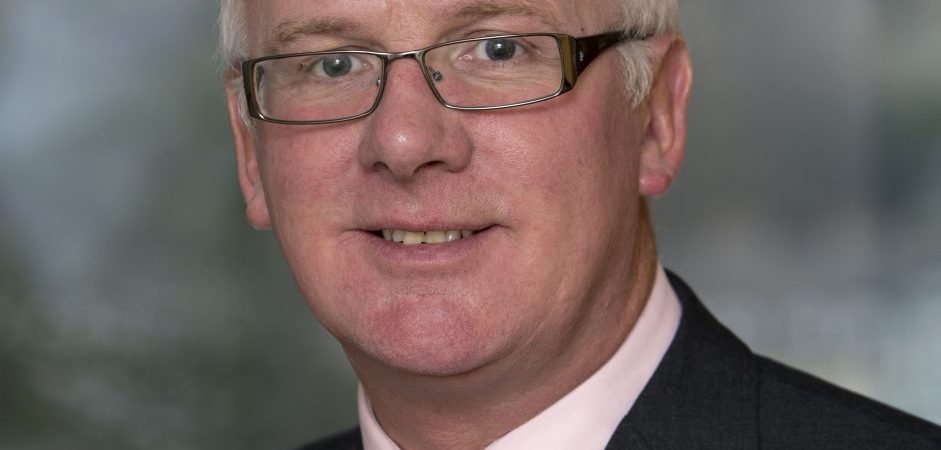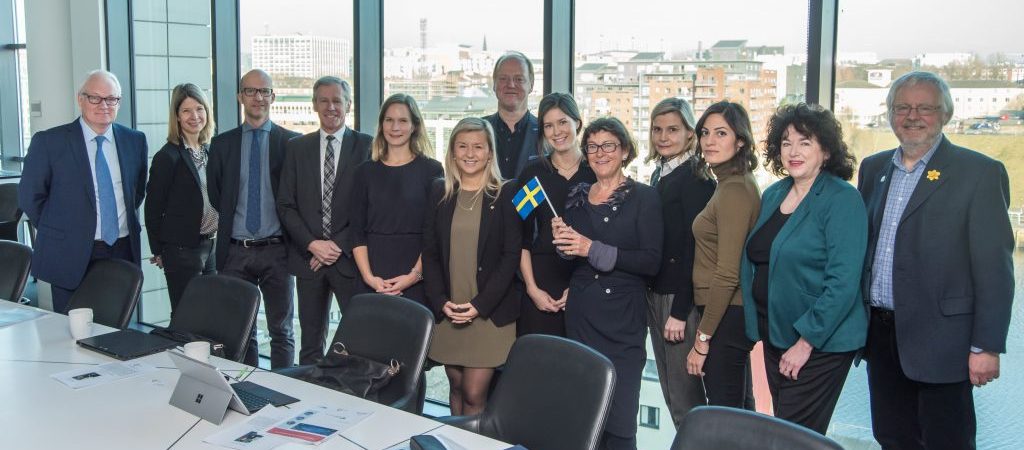The Innovation SuperNetwork is a unique network supporting innovation and business growth across the North East. It delivers inspiring events including VentureFest North East and FinanceCamp, helps businesses explore new opportunities through projects such as Innovation Challenge and supports collaboration by creating links between sectors and bodies of expertise. It does this with the help of partners in business across the region. We spoke to one of those partners, Jacquie Potts of Marketwise Strategies who gave us her thoughts on how to de-risk your innovation.
Understanding is Power
What makes a new product or service innovation most likely to succeed – and how can the risks be reduced? It seems to me that, whilst what organisations ‘do’ around new product development (NPD) is crucial, what organisations – and the people running them – ‘believe’ is often worthy of a closer look.
As MD of Marketwise Strategies, which is in its seventeenth year of helping clients de-risk their innovations, I’ve worked with a vast range of organisations, across the UK and internationally: from technology companies to universities, major not-for-profits and some of the UK’s best-known public sector agencies.
Thinking upfront = value from research
What those clients (and their projects) have in common is some sort of ‘knowledge-focus’ and a risk that needs to be reduced. Together, those factors produce a need for robust, insightful research; into markets, customers, competitors and – often – into a whole range of wider issues that can shape the product or project’s success.
To get maximum value from their research, however, each client organisation needs to do some thinking upfront – and this is where beliefs and values, corporate culture and internal information flows can become incredibly important.
Beliefs really matter
Beliefs around new product development can make an enormous difference to the de-risking that takes place and how effective that is. Beliefs matter because they can lead to market research taking place at the wrong times, among the wrong audiences, and via entirely the wrong methods. Any one of those can send a new innovation ‘off course’.
So I would like to challenge a few of the beliefs that inhibit the de-risking process and that lead to faulty NPD decision making.
Three of the most common ‘unhelpful beliefs’ are that:
1. Market knowledge is power – and data will drive success
2. The main research need is to measure the market
3. The time to research the market is after you have developed the product.
Let’s consider those one by one.
1 Market knowledge is power – and data will drive success: At a time when data is increasingly available – and plentiful – it is easy to be seduced by the belief that the more data accumulated the better. What really matters, however, is developing actionable insights. In other words, understanding what is going on (in the market place, in competitor organisations and in the mind of the customer), what is influencing this, and what you can do to shape future events.
Data drawn from surveys, developed through data-mining exercises, or aggregated in dashboards cannot help to solve problems unless time is taken to understand it and to use it effectively. Unfortunately, it is increasingly common for organisations to be ‘drowning in data’ that they cannot easily analyse, interpret and therefore act upon. In that situation, what matters most is to step back and assess what you already have – or bring in some help to do that – before spending time or money on any further data/research.
2 The main research need is to measure the market. Among smaller businesses – and sometimes even among university spin-outs – this is a fairly common view and can lead to the ‘wrong kind’ of market research taking place. In essence, the danger is that all is measured, but little is understood: as not enough investigation takes place into why customers and markets behave in the ways that they do. This focus upon the ‘what’ rather than the ‘why’ produces shallow insights and can lead to:
(i) research being conducted twice (for example, if the initial, quantitative-focused work fails to spot important barriers to purchase).
(ii) a product/innovation progressing too far before being ‘killed’ – or even going to market with some very inaccurate assumptions in place.
Either scenario is expensive, compared to getting it right first time.
3 The time to research the market is after you have developed the product. This assumes a ‘one shot’ approach to NPD market research, rather than a – usually more effective – drip feed, that can inform each stage of the development process. If research is left quite late, then there is a greater risk that product prototypes, initial software developments or other potentially costly areas of spend will take place before customer requirements are properly understood.
To avoid this, we recommend a 5 Stages approach, made up of: Initial market scanning; detailed market scanning; ‘proving’ the market; market entry research, and post-launch market monitoring.
The Initial market scanning stage builds secure foundations for the NPD process and often acts as the first ‘stage gate’ for Go/No Go decisions. This can often be a DIY exercise, conducted internally, using mostly desk-based research and known contacts.
Detailed market scanning then adds the detail and validates assumptions about demand (current and potential), competition, technologies, trends etc. This stage can benefit from an independent perspective.
Proving the market involves more detailed customer research that will inform product/service design, the business model, pricing strategy, competitive positioning etc. This needs to uncover what ‘value’ really means to the customer and what barriers to purchase exist, as well as getting to grips with the competitive environment. The full range of ‘W’ questions should be brought into play: Who; What; How; Why; Where; and When. This type of research tends to be at its most effective when it is carried out independently.
Market entry research – to inform the details of going to market, such as brand strategy, promotional planning, pricing tactics and to help finalise marketing resource. This also acts as a useful check on any changes within the marketplace that might influence success. Very much tailored to the product and market, this stage tends to require a mix of methods and might involve a team – across the business – plus external market researchers and the marketing agency that is developing the brand and the promotional campaign.
Post-launch research is just as important as the earlier stages, in that it keeps the product or service on track for success. This can largely be built into day-to-day business operations, enabling low cost, data gathering and ongoing customer feedback.
Not every organisation requires every stage
And not every stage requires the same amount of detail. But being aware of those stages is a useful first step.
De-risking any new product or innovation is a balancing act between the degree of risk that is acceptable and the amount of resource needed to produce strategic, risk-reducing insights.
If the emphasis is upon understanding – and, importantly, upon timely understanding – then success is much more likely to follow.
About the author
Jacquie and her team at Marketwise Strategies help their clients to de-risk new product development, market entry, market positioning and business strategy decisions. Through detailed and robust, market and competitor research, this helps organisations, large and small, to move forward with confidence.









